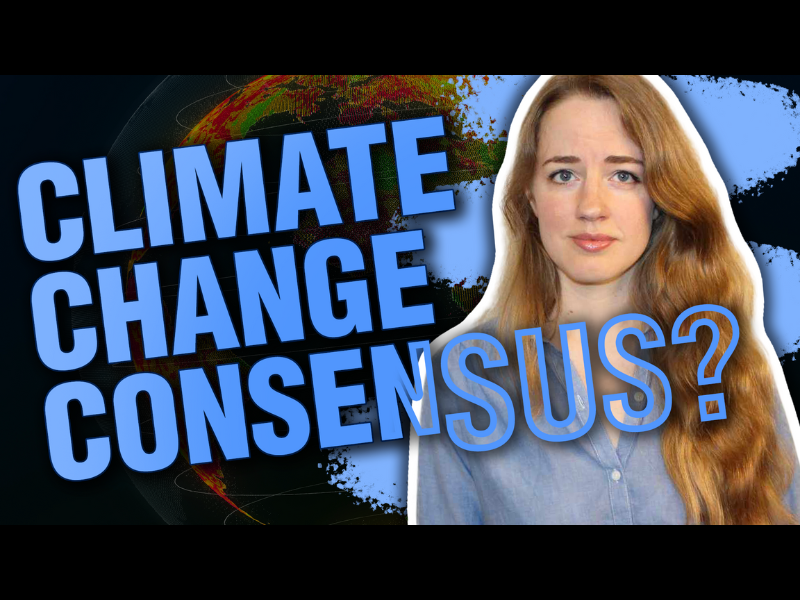The Union of Concerned Scientists (UCS) has advocated for transparency of scientific research for decades, but it is now seeking to shield scientists from having to disclose certain information regarding their research.
In a 2015 report by UCS, titled “Freedom to Bully: How Laws Intended to Free Information Are Used to Harass Researchers,” UCS laments scientists at public universities, research institutes, and federal agencies are increasingly being subjected to what it says are intrusive inquiries demanded under an assortment of open-records laws.
State open-records laws and the 1967 federal Freedom of Information Act (FOIA) were designed to hold government agencies accountable by providing the public with access to records from any federal agency, with only limited exceptions. FOIA was modified by the 1999 Data Access Act to grant to the public access to the research of grant recipients receiving public funds.
UCS Alters Stance
“We don’t want to work in an environment where every keystroke is subject to public records,” the UCS’ Michael Halpern said in an interview with the Associated Press. “Our role is to raise awareness about how scientists are being harassed.”
Halpern, who oversees strategy for UCS’ Center for Science and Democracy (CSD), says open-records laws should be amended to include limits on the information available to the public, including limits on public access to e-mails between scientists, research notes, and primary data.
This position conflicts with a statement on CSD’s section of the UCS website, which says, “Knowledge is power, and when citizens and communities are denied access to scientific knowledge, they are effectively disempowered. For this reason, transparency, access to information, and the public’s right to know are pivotal issues for science and democracy.”
Sam Kazman, general counsel at the Competitive Enterprise Institute, says there is a significant discrepancy between CSD’s past demands for transparency and its recent claims on the issue.
“As its website indicates, UCS used to tout the importance of transparency,” Kazman said. “Now, they’re apparently confusing transparency with invisibility.”
‘A Dangerous Precedent’
CSD’s call for weakening open-records laws is meeting resistance from transparency advocates. Writing in The New York Times in January, Paul Thacker, a former congressional investigator, says adding exemptions to these laws would set “a dangerous precedent.”
“When research is paid for by the public, the public has the right to demand transparency,” said Thacker to the Times. “Scientists who agree to transparency only when it is on their terms are not for transparency at all.”
“While the academy does need space to conduct research, once that research is published, and especially when it is being used as the basis for policy, full transparency regarding it is essential,” said David Schnare, general counsel of the Energy and Energy Legal Institute. “Without it, we cannot adequately validate the research, peer review having proven to be inadequate to the task.”
UCS’ decision to water down open-reporting laws comes as federal courts and Congress are showing increasing dissatisfaction with foot-dragging on FOIA requests. On March 2, 2015, Judge Royce C. Lamberth of the District Court for the District of Columbia strongly rebuked the Environmental Protection Agency for failing to respond in a timely manner to FOIA requests. In January 2016, the House of Representatives passed a FOIA reform bill limiting exemptions for federal agencies to withhold information.
“What really concerns the Union of Concerned Scientists is the prospect tax-paying citizens could find out their hard-earned money is being misspent,” said Craig Rucker, executive director of the Committee for a Constructive Tomorrow.
Bonner R. Cohen, Ph.D. ([email protected]) is a senior fellow at the National Center for Public Policy Research.





